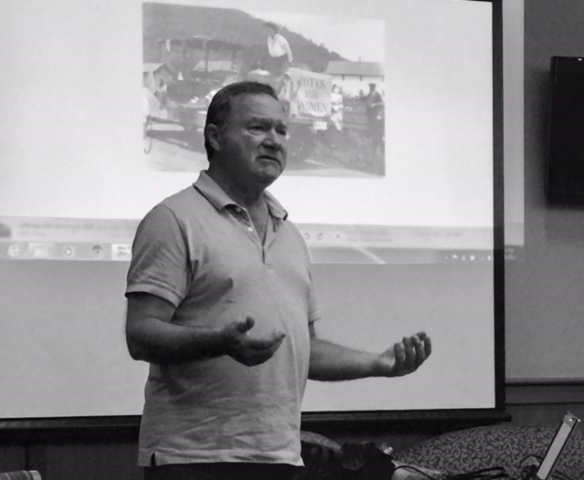Spanish Prime Minister Mariano Rajoy is expected to set out Saturday how his government will begin the process of imposing direct rule on Catalonia, following a special meeting of the Spanish cabinet.
The unprecedented move, intended to quash an independence bid led by Catalonia’s regional government, follows weeks of division triggered by a banned independence referendum on October 1.
The crisis threatens to fracture Spain, one of the European Union’s principal members, and has prompted mass public protests.
The Madrid government announced Thursday that it would invoke Article 155 of the constitution, a provision that allows the central government to suspend the autonomy of the Catalan regional administration.
Never used before, the provision gives Madrid the power to take over the running of Catalan institutions and force new elections.
Once the cabinet has agreed its plan, it must be put before the Senate, where Rajoy’s Popular Party has a majority, for approval.
Shortly before the Article 155 announcement, Catalan President Carles Puigdemont had threatened that the region could formally declare independence if the Spanish government did not engage in dialogue.
Puigdemont also demanded Spain end its “repression” of Catalan separatist leaders, two of whom were taken into custody on suspicion of sedition earlier in the week.
Pro-independence protesters are expected to demonstrate in the center of Barcelona, Catalonia’s regional capital, later Saturday.
Rajoy: Restore rule of law
Rajoy said Friday that two Spanish opposition parties, PSOE and Ciudadanos, were backing the government on the measures he will announce.
“The fundamental objective of these measures is to return to the rule of law, because there can’t be a part of a country where the law doesn’t exist, and at the same time return to a situation of normality,” Rajoy said, speaking while at an EU summit in Brussels, Belgium.
Spain’s King Felipe VI said Friday that Spain was facing an “unacceptable” attempt at secession and that Catalonia must continue to be a central part of the nation.
The King added that a solution would be found through Spain’s legitimate democratic institutions, respecting its constitution.
EU leaders have backed the Madrid government in its handling of the crisis, which Rajoy insists is an internal matter.
European Council President Donald Tusk described the Catalonia situation as “concerning” but said there was “no space for EU intervention,” in remarks Thursday in Brussels.
“Institutions and member states are clear there is no room, no space of any kind of mediation or international initiative or action,” he said, adding that he was in constant contact with Rajoy.
Puigdemont: Madrid ‘blocking dialogue’
Speaking Thursday, Puigdemont said that if Madrid “persists in blocking dialogue and the repression continues,” the Catalan parliament reserved the right to formalize a declaration of independence that was suspended on October 10.
At that session, Puigdemont said that Catalonia had “earned the right” to become an independent republic in its October 1 referendum, which was banned by Spain’s Constitutional Court. But he suspended the effects of the declaration to allow for talks.
More than 2.25 million people turned out to vote on October 1, with the regional government reporting that 90% of voters were in favor of a split from Madrid. But the turnout was low — around 43% of the voter roll — which Catalan officials blamed on the central government’s efforts to stop the referendum.
Violent scenes unfolded as national police sought to prevent people from casting their ballots.



